Paul Kagame: A Call for Focused Development, Peace and Security Amid Genocide Denials
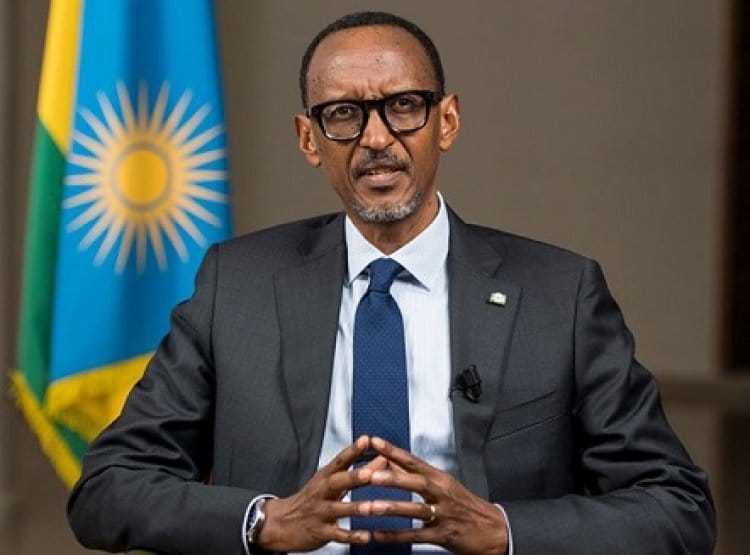
Paul Kagame, the President of Rwanda, has consistently emphasized that his foremost priorities are the development of his country, peace and security of his population. This focus has shaped his policies and initiatives since he took office in 2000, following the devastating Genocide against Tutsis in 1994, which left the nation in ruins and its people traumatized.
Development as a Cornerstone
Under Kagame's leadership, Rwanda has experienced significant economic growth and development. The President has championed various initiatives aimed at transforming Rwanda into a middle-income country. His Vision 2020 and subsequent Vision 2050 development plans have set ambitious goals for economic growth, infrastructure development, and technological advancement.
Kagame's administration has invested heavily in education, healthcare, and technology. The government has worked to improve access to quality education, ensuring that the younger generation is well-equipped to contribute to the nation's progress. The healthcare system has also seen substantial improvements, with increased access to medical services and a focus on combating diseases such as HIV/AIDS and malaria.
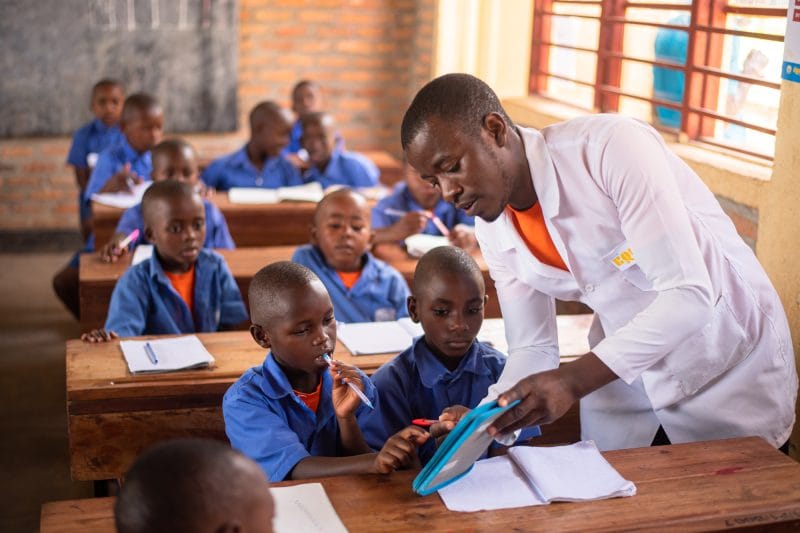
Ensuring Peace and Security
Peace and security are integral to Kagame's vision for Rwanda. The country’s painful history has underscored the importance of stability and safety for its citizens. Kagame has worked tirelessly to maintain peace within Rwanda’s borders, fostering a sense of unity and national identity among Rwandans. His government has implemented stringent security measures to prevent internal and external conflicts. Kagame has prioritized justice and reconciliation processes to heal the wounds of the past.
Rwanda's approach to community policing and the establishment of the National Unity and Reconciliation Commission are examples of efforts to promote peace and social cohesion. These initiatives aim to address grievances, promote dialogue, and build trust among different ethnic groups within the country.
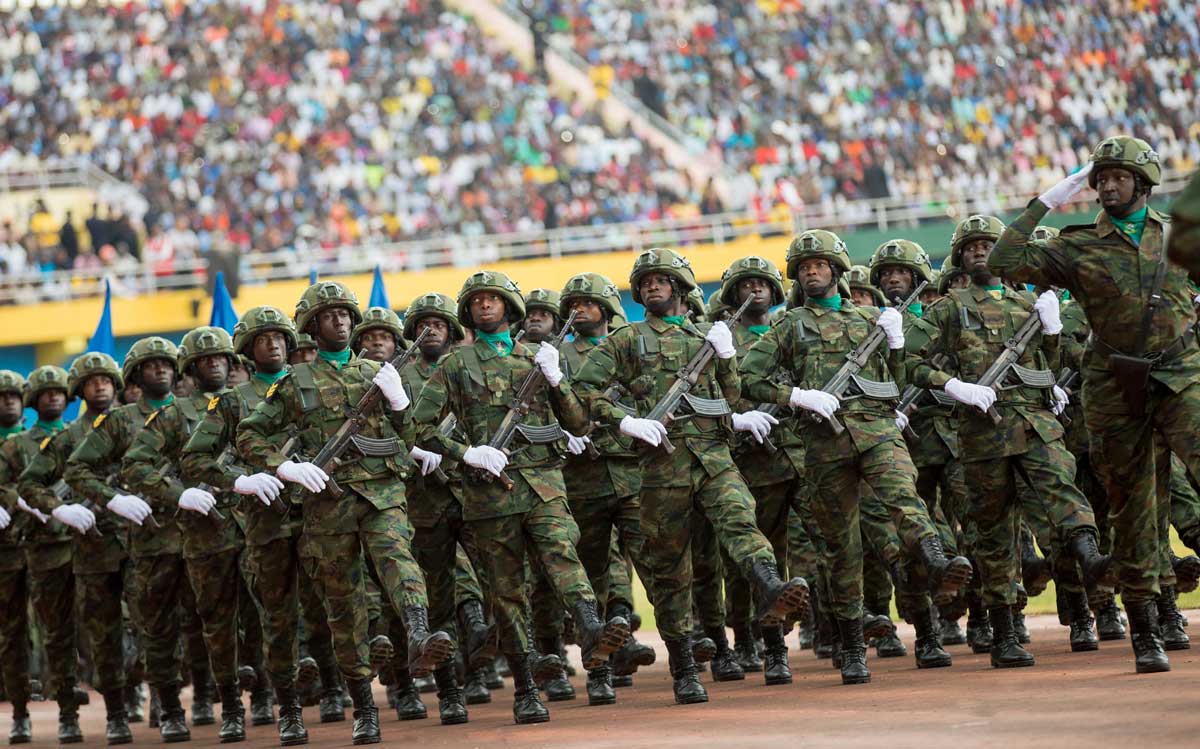
Economic Growth and Technological Advancements
Kagame’s administration has also been proactive in creating an environment conducive to economic growth. Rwanda has become known for its business-friendly policies and is often cited as one of the easiest places to do business in Africa. Kagame has pushed for reforms that reduce bureaucracy and encourage foreign investment, leading to a growing private sector.
A significant focus has been placed on technology and innovation. Rwanda aims to become a regional tech hub, with initiatives like the Kigali Innovation City, which attracts tech companies and startups. The government’s investment in digital infrastructure has improved internet connectivity, making technology more accessible to Rwandans and facilitating e-governance and e-commerce.
Kagame's administration has been widely recognized for its efforts in transforming Rwanda into a model of rapid development and stability in Africa. Kagame's vision of a self-reliant Rwanda, free from foreign aid dependency, continues to drive his policies and political agenda.
Social Progress and Gender Equality
Another hallmark of Kagame’s leadership is his commitment to gender equality and social progress. Rwanda boasts one of the highest percentages of women in parliament globally, a testament to Kagame’s efforts to promote female representation and participation in governance. Policies aimed at empowering women and ensuring their inclusion in all sectors of society have been a key part of Rwanda’s development strategy.
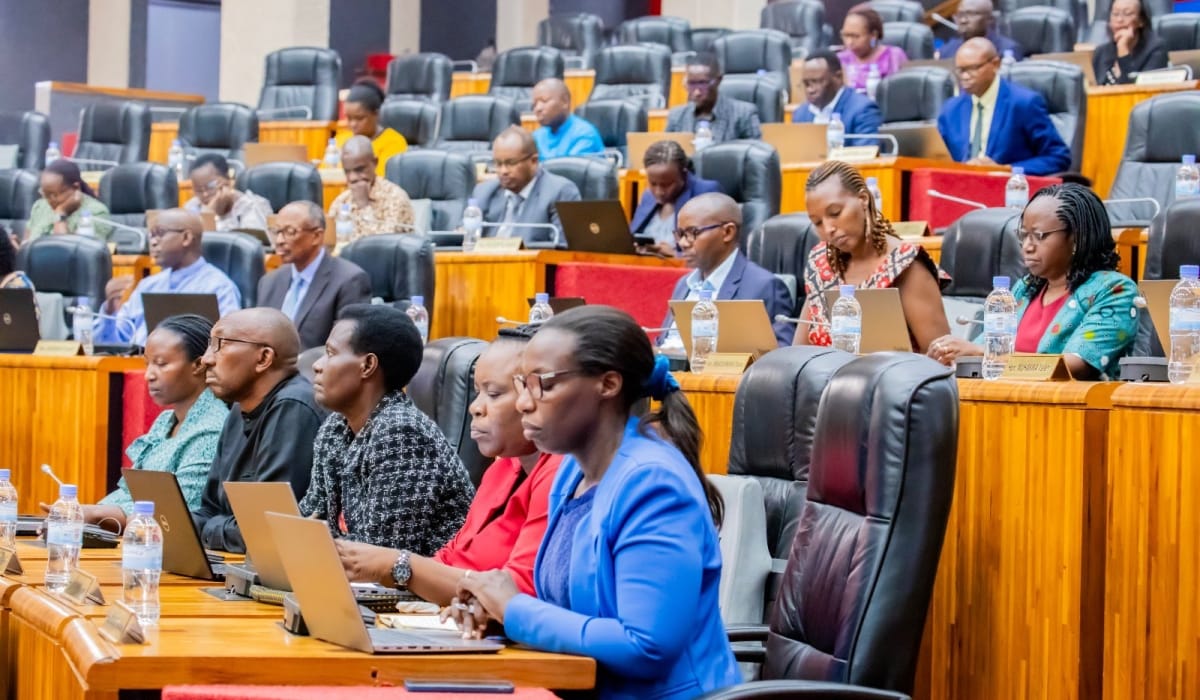
Challenges and Criticisms
Despite these achievements, Kagame’s tenure has not been without criticism. Some international observers and human rights organizations have raised concerns about political repression, limited freedom of speech, and the government’s intolerance towards dissent. Kagame’s administration has been accused of stifling opposition and curbing media freedoms.
A remarkable increase in genocide denial has been as well recently playing a huge role in trying to destabilize what Kagame has put so much effort to build.
Furthermore, As Rwanda prepares for its upcoming presidential election, President Paul Kagame has been actively campaigning, calling on the population to concentrate on their own development and to disregard any rhetoric that denies the genocide against the Tutsi in 1994. Kagame's message resonates deeply in a nation that has made significant strides in socio-economic development and reconciliation since the tragic events of the genocide.
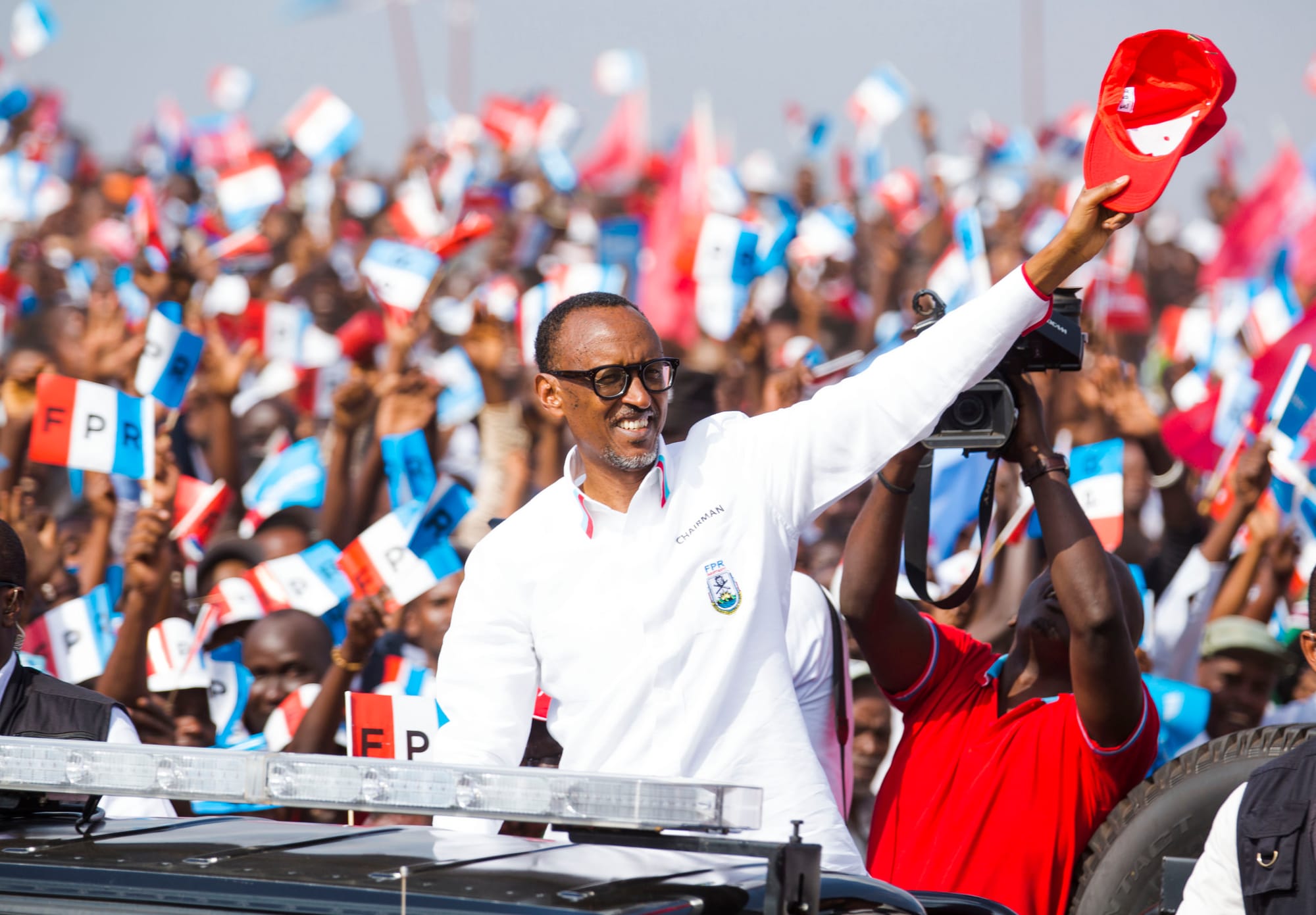
While ending his rally in a press conference, President Kagame emphasized the importance of unity and progress, urging Rwandans to not be distracted by the harmful narratives or the genocide denial that still surface both locally and internationally. "Our focus should be on building our nation, creating opportunities for our youth, and ensuring a prosperous future for all Rwandans," Kagame stated passionately. "We must not allow the voices that seek to undermine our history and achievements to divert us from our path."
The International Community and observers are not pleased to see Kagame remaining on the Presidential seat
President Paul Kagame has firmly stated that as long as the Rwandan population continues to request his leadership and protection, he`s still committed to his presidential duties. Kagame emphasizes that his primary responsibility is to serve and safeguard the interests of his nation. He underscores the importance of listening to the voices and needs of Rwandans, rather than yielding to external pressures or criticisms. This stance reflects his dedication to national sovereignty and the well-being of his people, positioning him as a leader deeply rooted in the aspirations of his country.
Kagame's resolve comes amidst ongoing debates and international scrutiny regarding his prolonged tenure in office. Despite these external opinions, he maintains that his focus remains unwaveringly on Rwanda's progress and stability. Kagame argues that the perspectives of those outside Rwanda hold little significance compared to the mandate given to him by his citizens. This assertion highlights his belief in self-determination and the right of Rwandans to choose their own path, reaffirming his commitment to leading the country as long as his leadership is desired by the people.
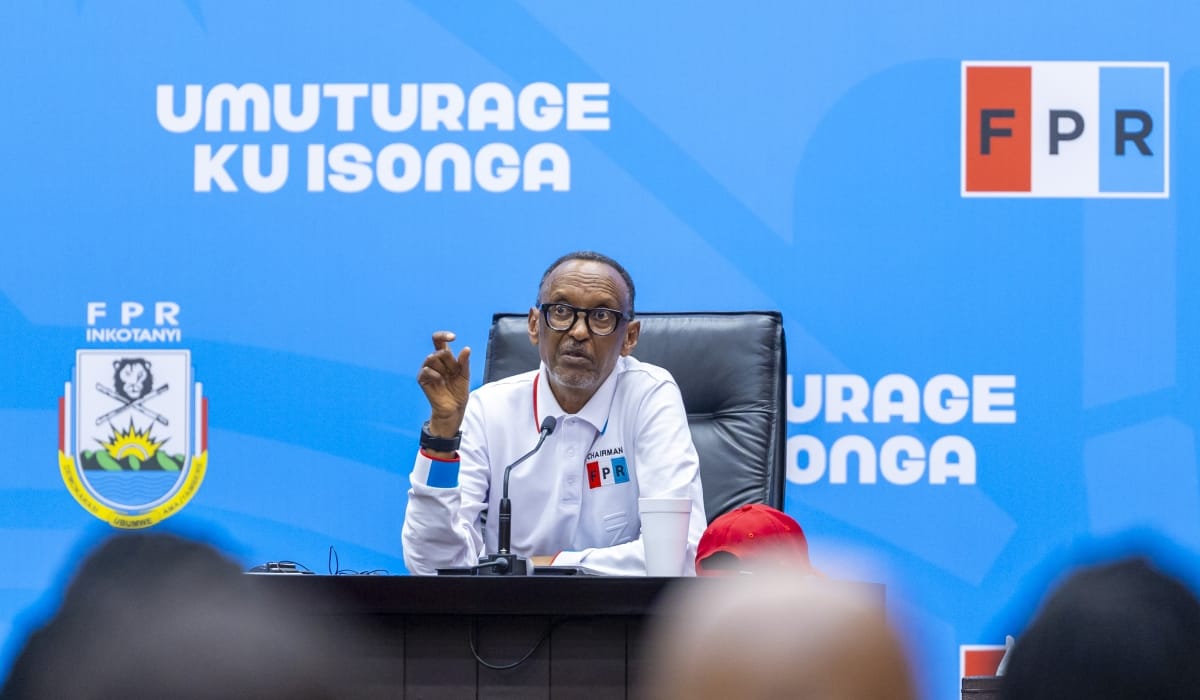
In conclusion, by encouraging the population to prioritize their own development and reject genocide denial, Kagame aims to continue Rwanda's remarkable journey of recovery and growth, fostering a future marked by resilience, prosperity, and unity.
Adeline UMUTONI & Marc Hoogsteyns, Kivu Press Agency
